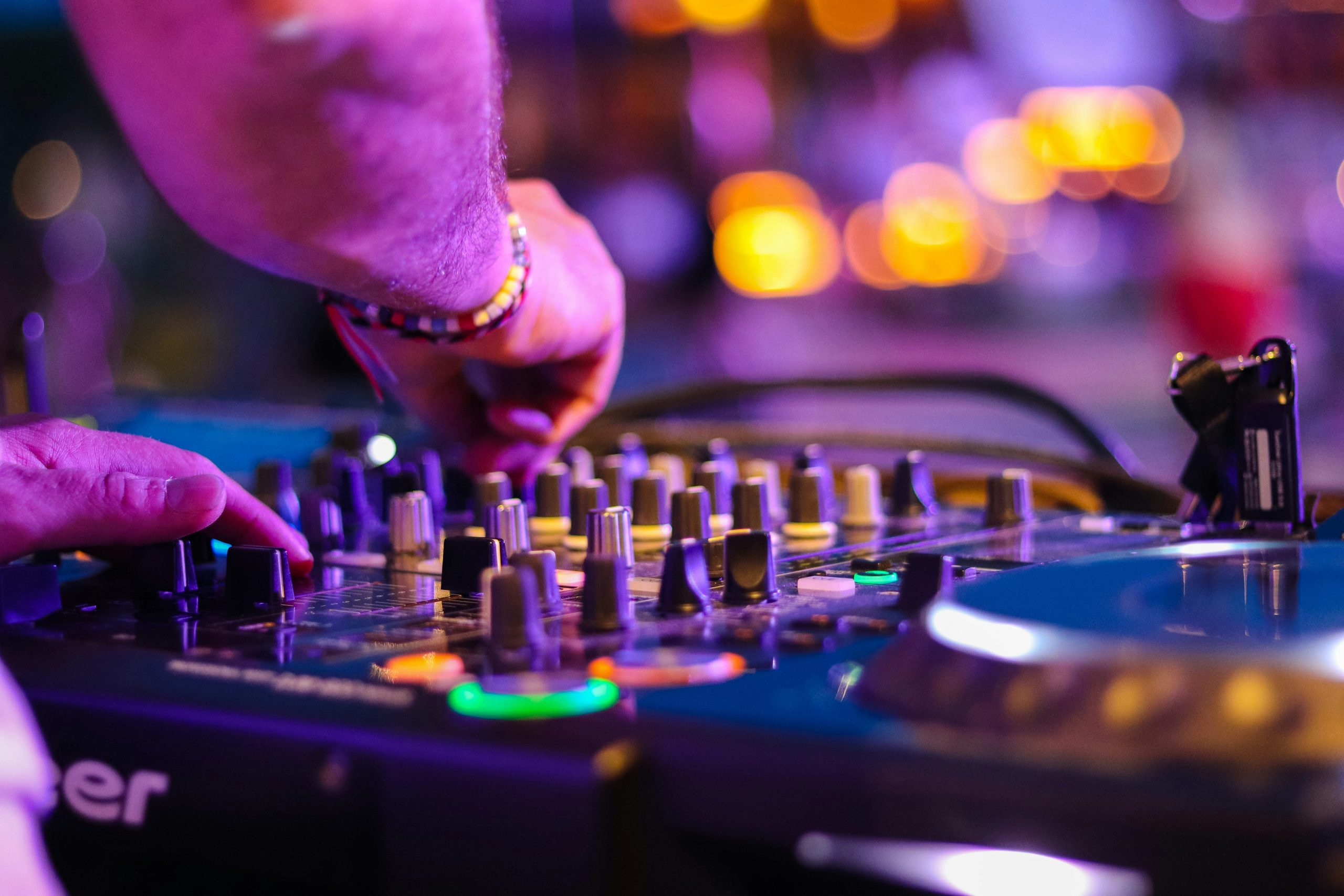Exploring the Intersection of Creativity, Technology, and Morality
Introduction
The advent of artificial intelligence (AI) has revolutionised various industries, and the realm of music is no exception. With AI tools capable of composing melodies, generating lyrics, and even producing full tracks, the boundaries between human creativity and machine innovation are becoming increasingly blurred. However, this technological leap raises important ethical questions: Is it right to use AI to create and produce music for public release? Does it undermine human artistry, or does it open new doors for expression?
The Capabilities of AI in Music Creation
AI has evolved to become a powerful tool in music production. Algorithms can analyse vast amounts of data, identify patterns in genres, and replicate styles of renowned musicians. AI systems like OpenAI’s MuseNet and AIVA (Artificial Intelligence Virtual Artist) can compose symphonies that rival those of human composers. Likewise, tools such as Amper Music can produce tracks tailored to specific moods or themes. These capabilities raise the intriguing possibility of creating music at an unprecedented scale and speed.
Advantages of AI in Music Production
- Efficiency: AI speeds up the creative process, enabling producers to generate music quickly and with fewer resources.
- Accessibility: Aspiring musicians without formal training can use AI tools to compose and produce professional-quality music.
- Innovation: AI introduces new sounds and styles that might not emerge through human effort alone.
Challenges and Concerns
- Authenticity: Can music created by AI carry the emotional depth and resonance of human-generated art?
- Ownership: Who owns the copyright for AI-generated music—the programmer, the user, or the AI itself?
- Job Displacement: Could the widespread adoption of AI undermine the livelihoods of composers, lyricists, and producers?
Ethical Considerations
The use of AI in music production is not merely a technical or economic issue—it is inherently tied to ethics. At its core, the debate revolves around the value we place on human creativity and the role of technology in our cultural heritage.
Authenticity and Emotional Depth
One of the most compelling arguments against the use of AI in music creation is the question of emotional authenticity. Music is often described as a universal language that conveys human feelings and experiences. Can an AI, devoid of personal experience, truly capture the nuances of human emotion? Critics argue that AI-generated music risks sounding hollow or formulaic, lacking the “soul” that characterises human artistry.
Impact on Human Artists
The rise of AI has sparked concerns about its impact on professional musicians. If AI becomes the dominant force in music creation, it could marginalise human artists, reducing their opportunities and financial stability. Many see this potential scenario as an ethical dilemma, as it could erode the traditional pathways for creative expression and artistry.
Intellectual Property and Ownership
The issue of copyright adds another layer to the ethical debate. Current laws are ill-equipped to address the complexities of AI-generated music. For instance, who should be credited as the creator of a song composed by an AI? The programmer who designed the algorithm? The user who input the parameters? Or does the AI itself—arguably acting as a composer—deserve recognition? These questions demand a re-evaluation of existing intellectual property frameworks.
Arguments in Favour of AI Music
Despite the concerns, many argue that AI should be embraced as a valuable tool in music production. Proponents believe that AI complements human creativity rather than replacing it. By automating repetitive tasks, AI frees artists to focus on more imaginative aspects of music creation. Additionally, AI can help democratise music, allowing individuals without formal training or access to costly equipment to generate professional-grade tracks.
AI as a Collaborative Partner
Some artists view AI as a collaborator rather than a competitor. By integrating AI-generated elements into their work, musicians can experiment with new styles and ideas, enriching their creative process. This symbiotic relationship suggests that AI could serve as a catalyst for innovation rather than a threat to human artistry.
Expanding Musical Horizons
AI has the potential to explore musical territories that humans may overlook. By analysing data from diverse cultures and eras, AI can produce unique compositions that reflect a broader spectrum of musical heritage. This capacity for innovation can enrich the musical landscape in ways previously unimaginable.
Conclusion
The use of AI to create and produce music for public release sits at the intersection of creativity, technology, and ethics. While AI offers undeniable benefits—such as efficiency, accessibility, and innovation—it also poses significant challenges, from questions of authenticity to concerns about intellectual property and the impact on human artists.
Ultimately, the ethical implications of using AI in music depend on how it is deployed. If used responsibly and collaboratively, AI can enhance human creativity and expand our musical horizons. However, as the technology continues to evolve, it is crucial to engage in ongoing dialogue about its role in shaping the future of music. Only by addressing these ethical concerns can we ensure that AI becomes a tool for progress rather than a source of division in the artistic community.


Leave a Reply